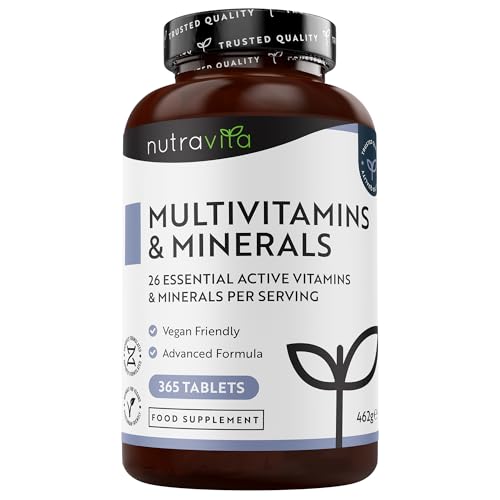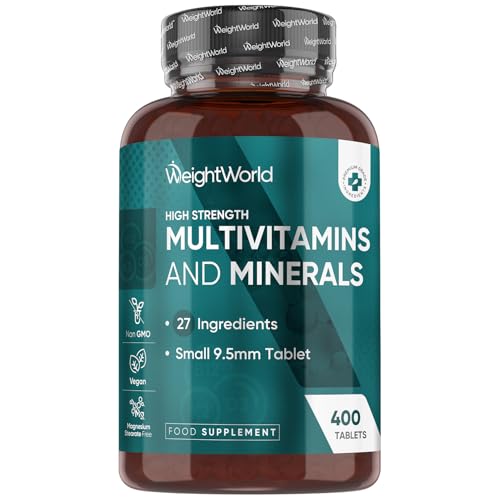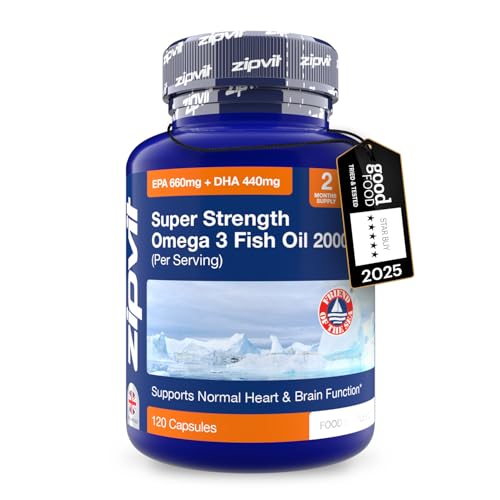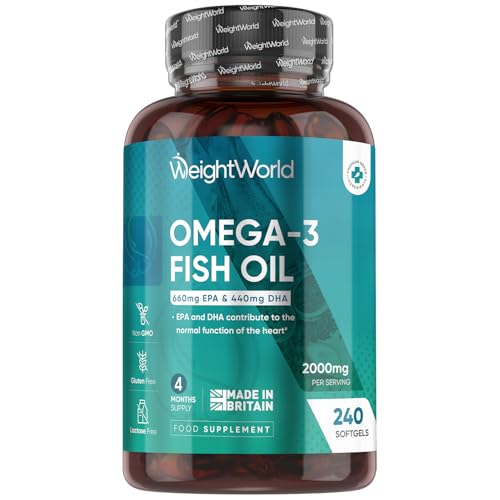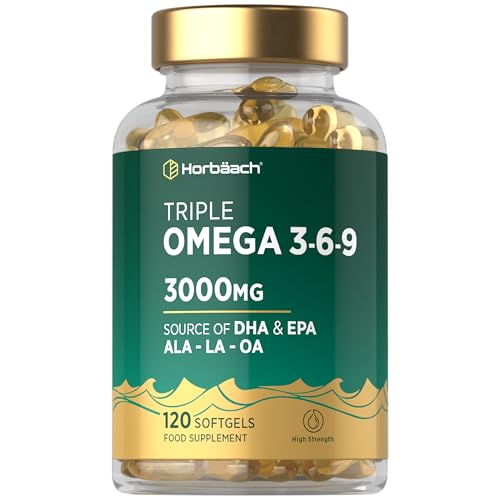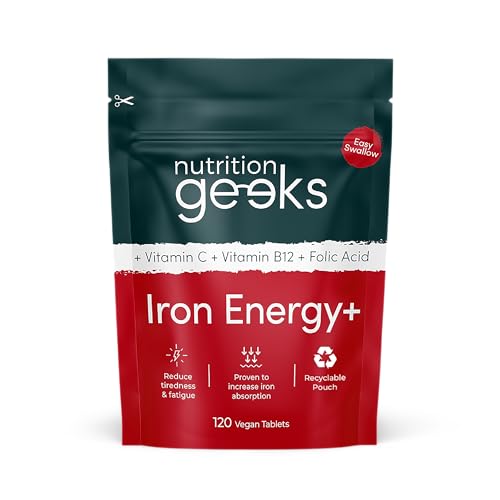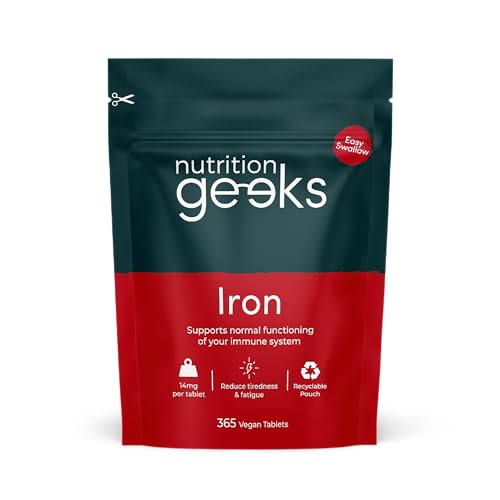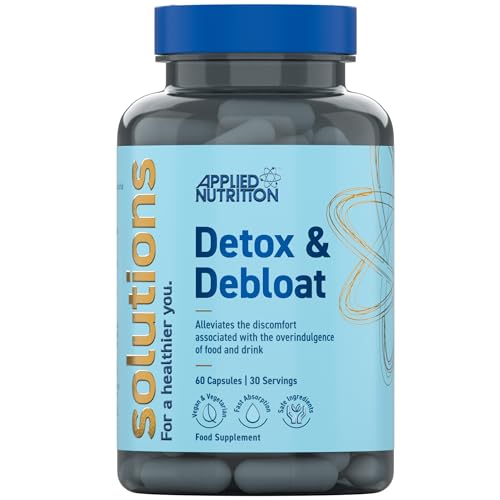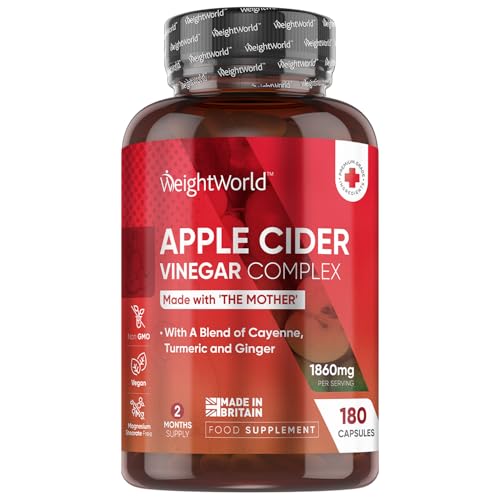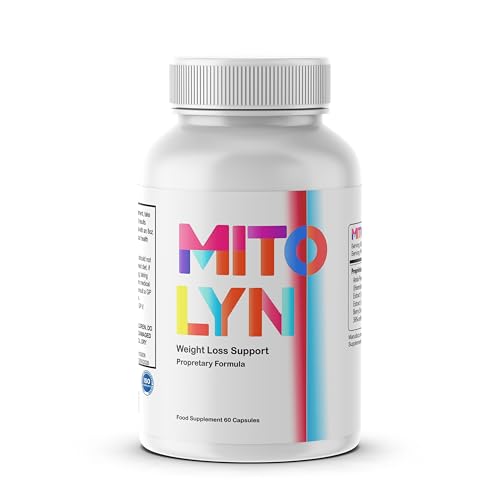
The Complete Guide to Dietary Supplements
Welcome to our guide on dietary supplements! In today's fast-paced world, where we are constantly juggling work, family, and various responsibilities, it can be challenging to maintain a balanced diet that provides all the necessary nutrients our bodies need. That's where dietary supplements come in. These little powerhouses of nutrition have gained immense popularity over the years and play a vital role in supporting modern nutrition.
But what exactly are dietary supplements? Why do we need them? Are they safe? How do we know which ones to choose? All these questions will be answered as we dive deeper into this topic.
Before we jump in, let's look at why supplementation has become such an integral part of our lives. With busy schedules and limited time for meal preparation, it can be difficult to consume all the essential vitamins, minerals, and other nutrients solely through diet alone. This is where dietary supplements bridge the gap by providing concentrated doses of specific nutrients that may be lacking in our daily meals.
From multivitamins to herbal extracts and protein powders to omega-3 fatty acids, there is an extensive range of dietary supplements available on the market today. Each type serves a unique purpose - from boosting immune health or promoting bone strength to enhancing cognitive function or supporting weight loss goals.
With so many options out there, it is crucial not only to select high-quality products but also ensure their safety for consumption. Luckily, in the UK, stringent regulations govern supplement manufacturing practices and labelling requirements. Additionally, third-party testing organisations provide certifications that help us identify trustworthy manufacturers who meet strict quality standards.
As with any health-related topic, it's important not only to highlight the benefits but also acknowledge potential risks associated with supplementation. While dietary supplements offer numerous advantages when used correctly, it is essential to be aware of potential interactions with medications or underlying health conditions.
What are Dietary Supplements?
Dietary supplements have become increasingly popular in recent years as people strive to improve their overall health and well-being. But what exactly are dietary supplements? Simply put, they are products that contain one or more ingredients such as vitamins, minerals, herbs, amino acids, or other substances intended to supplement the diet.
These supplements come in various forms including capsules, tablets, powders, liquids, and even gummies. They are designed to provide nutrients that may be lacking in a person's diet or to support specific bodily functions. For example, someone who follows a vegan diet may take a B12 supplement since this vitamin is primarily found in animal-derived foods.
It's important to note that dietary supplements should not be used as a substitute for a balanced diet. Rather, they should complement an already nutritious eating plan by filling any nutritional gaps. Additionally, it's advisable to consult with a healthcare professional before starting any new supplement regimen.
When choosing dietary supplements it is crucial to consider their quality and safety. Look for reputable manufacturers that follow good manufacturing practices and have third-party testing certifications. This ensures that you are getting a high-quality product free from contaminants.
Dietary supplements can play a valuable role in supporting our overall health when used responsibly and alongside proper nutrition habits.
The Role of Dietary Supplements in Modern Nutrition
In today's fast-paced world, it can be challenging to maintain a balanced and nutritious diet. That's where dietary supplements come into play. These supplemental products are designed to provide essential nutrients that may be lacking in our daily meals.
Dietary supplements serve as a backup plan to ensure our bodies receive the vitamins, minerals, and other vital substances they need. They can fill nutritional gaps caused by factors such as restrictive diets, medical conditions, or simply busy lifestyles.
Supplements play a crucial role in supporting overall health and well-being. They are not meant to replace healthy eating habits but rather enhance them. While it is always best to obtain nutrients from whole foods whenever possible, sometimes this isn't feasible due to various reasons.
For instance, individuals following specific dietary restrictions like veganism may find it difficult to meet their nutrient needs solely through food sources alone. In such cases, supplements like vitamin B12 or iron can help bridge the gap and prevent deficiencies.
Furthermore, certain health conditions or medications might interfere with nutrient absorption in the body. In these instances, targeted supplementation becomes essential for maintaining optimal health levels.
However, it's important to remember that not all supplements are created equal. Quality matters when choosing which ones you incorporate into your routine. Look for reliable manufacturers who follow good manufacturing practices and have third-party testing certifications.
Additionally, always consult with a healthcare professional before starting any new supplement regimen - they will help determine what you truly need based on your individual circumstances.
When used correctly and alongside a balanced diet rich in whole foods, dietary supplements can offer great benefits towards achieving optimal nutrition and overall wellness.
The Different Types of Dietary Supplements
Dietary supplements come in various forms, each designed to address specific nutritional needs. Let's explore some of the most common types and their benefits.
1. Multivitamins - These supplements contain a combination of essential vitamins and minerals that support overall health and fill nutrient gaps in your diet.
2. Omega-3 fatty acids - Derived from fish oil or algae, omega-3 supplements are known for their anti-inflammatory properties and can promote heart health.
3. Probiotics - These live bacteria or yeasts help maintain a healthy balance of gut flora, supporting digestion and immune function.
4. Protein powders - Popular among fitness enthusiasts, protein supplements aid muscle recovery, promote satiety, and assist in meeting daily protein requirements.
5. Calcium and vitamin D - Essential for bone health, these supplements may be beneficial for individuals with limited exposure to sunlight or those at risk of osteoporosis.
6. Iron - Often recommended for individuals with the iron deficiency anaemia, iron supplements can help boost energy levels by improving oxygen transport in the body.
7. Herbal Supplements - Made from plants or plant extracts like ginkgo biloba or turmeric, herbal supplements are believed to provide various health benefits ranging from cognitive support to inflammation reduction.
Remember to consult with a healthcare professional before starting any new supplement regimen as individual needs vary based on age, gender, dietary restrictions, and underlying medical conditions.
Evaluating Supplement Safety and Quality
When it comes to dietary supplements, ensuring safety and quality is of utmost importance. In the UK, there are regulations in place to protect consumers. These regulations provide guidelines for manufacturers to follow in order to ensure the safety and effectiveness of their products.
In addition to these regulations, third-party testing and certifications play a crucial role in evaluating supplement safety and quality. Third-party testing involves independent laboratories assessing the product's ingredients, potency, purity, and overall quality. Certifications from reputable organisations also indicate that a product has met certain standards.
It's important to be aware of potential risks and interactions when taking dietary supplements. Some supplements may interact with medications or have adverse effects on certain individuals. Consulting with a healthcare professional before starting any new supplement regimen can help avoid such risks.
Identifying reliable manufacturers is key when evaluating supplement safety and quality. Look for companies that have a good reputation, transparent labelling practices, proper manufacturing processes, and adhere to industry standards.
By understanding UK regulations, seeking third-party certifications or testing results, you can make informed decisions about dietary supplements while prioritising your health. Always remember though - it’s advisable not rely solely on supplementation but rather focus on obtaining nutrients through a balanced diet whenever possible.
Pros and Cons of Dietary Supplements
Dietary supplements have become increasingly popular in recent years, with many people turning to these products to support their health goals. While there are certainly benefits to incorporating dietary supplements into your routine, it's important to be aware of the potential drawbacks as well.
On the positive side, dietary supplements can provide a convenient way to fill nutrient gaps in our diets. For example, if you follow a restrictive diet such as veganism or have certain food allergies, supplements can help ensure you're getting all the necessary vitamins and minerals.
Additionally, certain supplements may offer specific health benefits. For instance, omega-3 fatty acid supplements have been shown to support heart health and reduce inflammation.
Moreover, dietary supplements can play a role in weight management for some individuals. Supplements like protein powders or meal replacements can help meet nutritional needs while reducing calorie intake.
However, it's crucial to approach supplementation with caution. One potential downside is that not all supplements are regulated by strict standards or undergo rigorous testing for safety and efficacy. This lack of regulation raises concerns about product quality and consistency across brands.
Furthermore, relying too heavily on dietary supplements may lead individuals to neglect their overall diet and lifestyle choices. It's essential to remember that no supplement can replace a balanced diet rich in whole foods.
In addition, excessive use of certain types of dietary supplements may carry risks. Taking high doses without medical supervision could result in adverse effects or interactions with medications.
The decision whether or not to incorporate dietary supplements into your routine should be based on individual needs and circumstances. Consulting with a healthcare professional or registered dietitian is advisable before starting any new supplement regimen.
Remember that while dietary supplements can be beneficial when used appropriately and alongside a healthy lifestyle; they should never serve as a substitute for nutritious eating habits.
What Foods to Eat with Dietary Supplements?
When it comes to dietary supplements, it's important to remember that they are meant to supplement, not replace, a healthy diet. While taking supplements can provide an extra boost of nutrients, it's still essential to focus on consuming a well-balanced and varied diet.
Incorporating certain foods into your meals can help maximise the effectiveness of your dietary supplements. For example, if you're taking calcium supplements for bone health, pairing them with foods rich in vitamin D like fatty fish or fortified dairy products can enhance absorption.
If you're looking to support brain function and memory with omega-3 fatty acid supplements, try incorporating foods like salmon, walnuts, and flaxseeds into your diet as well. These foods naturally contain omega-3s and can complement the effects of the supplement.
For those taking iron supplements for improved energy levels or managing anaemia, consuming sources of vitamin C such as citrus fruits or bell peppers alongside the supplement can aid in iron absorption.
Additionally, when taking probiotic supplements for gut health and digestion support, including fermented foods like yogurt or sauerkraut in your meals provides additional beneficial bacteria strains.
Remember that everyone's nutritional needs vary based on age, gender, and individual health conditions.
If you have specific dietary concerns, it may be helpful to consult with a registered dietician who can guide you on which foods best complement your chosen dietary supplements.
Staying mindful of these food pairings will ensure that you get the most out of your supplementation routine!
Recipes with Dietary Supplements
Incorporating dietary supplements into your daily meals can be a delicious and creative way to enhance your overall nutrition. By adding these supplements to recipes, you can easily boost the nutritional value of your favourite dishes. Here are some simple and tasty recipe ideas that incorporate different types of dietary supplements:
1. Smoothies - Start your day off right with a nutrient-packed smoothie. Add a scoop of protein powder or a tablespoon of chia seeds for an extra protein and fibre boost.
2. Energy Balls - These bite-sized treats are perfect for snacking on-the-go. Combine oats, nut butter, honey, and add in some ground flaxseed or spirulina powder for an added dose of essential fatty acids and antioxidants.
3. Salad Dressings - Give your salads a flavourful twist by mixing in powdered greens like wheatgrass or barley grass powder into homemade dressings.
4. Baked Goods - Upgrade your muffins or biscuits by incorporating collagen peptides or vitamin-rich powders like maca root into the batter.
5. Protein Pancakes - For a filling breakfast option, add whey protein isolate or plant-based protein powder to pancake batter for an extra kick of muscle-building nutrients.
Remember to always follow the recommended dosage guidelines when using dietary supplements in recipes and consult with a healthcare professional if you have any specific health concerns or conditions before starting any new supplement regimen.
Alternatives to Dietary Supplements
While dietary supplements can be beneficial for many individuals, some may prefer to obtain their nutrients from whole foods. Here are a few alternatives to consider:
1. Balanced Diet - A well-rounded and balanced diet is the foundation of good health. By consuming a variety of nutrient-dense foods such as fruits, vegetables, whole grains, lean proteins, and healthy fats, you can meet your body's nutritional needs naturally.
2. Fortified Foods - Many food products today are fortified with essential vitamins and minerals. Look for items like fortified cereals or plant-based milk fortified with calcium and vitamin D.
3. Herbal Remedies - Some people turn to herbal remedies as an alternative to dietary supplements. For example, ginger is believed to aid digestion while chamomile tea may promote relaxation.
4. Functional Foods - Certain foods have additional health benefits beyond basic nutrition. Examples include probiotic-rich yogurt for gut health or omega-3 fatty acid-rich fish for heart health.
5. Lifestyle Changes - Making lifestyle changes can also support overall wellness. Engaging in regular physical activity, managing stress levels effectively through meditation or yoga practices, getting enough sleep - all these factors contribute significantly to maintaining optimal health without relying solely on supplements.
Remember that every individual has unique nutritional needs; consulting with a registered dietitian or healthcare professional will help determine the best approach for you!
Glossary Key Terms and Definitions for Dietary Supplements
Glossary key terms and definitions related to dietary supplements for the 15 most common ones:
1. Vitamin - Essential organic compounds that our bodies need in small amounts for normal growth, development, and overall health.
2. Mineral - Inorganic substances required for various bodily functions like bone formation, nerve function, and oxygen transport.
3. Antioxidant - Compounds that help protect cells from damage caused by harmful molecules called free radicals.
4. Omega-3 Fatty Acids - A type of essential fat that must be obtained through diet or supplements as our bodies cannot produce them.
5. Probiotics - Live bacteria and yeasts beneficial to digestive health when consumed in adequate amounts.
6. Prebiotics - Fibres that serve as food for probiotics, promoting their growth and activity in the gut.
7. Herbal Supplements - Derived from plants or plant extracts used to support general wellbeing or treat specific conditions.
8. Multivitamin - Combination of vitamins and minerals designed to meet daily nutritional requirements when diet alone is insufficient.
9. Calcium Supplement - Provides additional calcium necessary for strong bones, teeth, muscle function, and blood clotting.
10. Iron supplement - Helps prevent iron deficiency anaemia by boosting red blood cell production.
11. Fish oil supplement - Rich in omega-3 fatty acids which are important for heart health, reducing inflammation and improving brain function.
12. Protein powder - Convenient source of protein mainly used by athletes and bodybuilders to aid muscle recovery, growth, and repair tissue.
13. Vitamin D supplement - Ensures adequate vitamin D levels especially during winter months, due to limited sun exposure needed for healthy bones, muscles, and immune system.
14. Biotin - Promotes healthy hair, nails, and skin while aiding energy metabolism, gene regulation, and maintaining cognitive function.
15. Glucosamine-Chondroitin - Commonly taken together, it supports joint health, cartilage maintenance, and mobility.
These are just a few key terms and definitions related to dietary supplements. There are many more terms and definitions related to dietary supplements, as it is a large area to cover them all here.
Conclusion
It is clear that dietary supplements play a significant role in modern nutrition. They can help fill the gaps in our diet and provide us with essential nutrients that may be lacking. However, it's crucial to approach supplementation with caution and be aware of potential risks and interactions.
When considering dietary supplements, always prioritise safety and quality. Look for reliable manufacturers who adhere to UK regulations and undergo third-party testing.
While dietary supplements can offer benefits, they are not a magic solution or substitute for a healthy diet. It is important to remember that food should always come first when it comes to meeting your nutritional needs. Incorporating nutrient-dense foods into your meals will ensure you receive a wide range of vitamins, minerals, and other beneficial compounds.
If you choose to include dietary supplements in your routine, consider consulting with a healthcare professional or registered dietitian who can guide you based on your individual needs.
Remember that everyone's journey toward optimal health is unique. What works well for someone else may not necessarily work for you. Be mindful of any changes or reactions your body experiences when introducing new supplements into your regimen.
Understanding the role of dietary supplements, evaluating their safety and quality, knowing how they fit into an overall nutritious eating plan, exploring recipes incorporating them if desired, and considering alternatives are all vital steps towards making informed choices about supplementation.
Ultimately, it's about finding what works best for YOU so you can nourish yourself from within while embracing the concept of holistic wellness!
Best Selling Dietary Supplements


